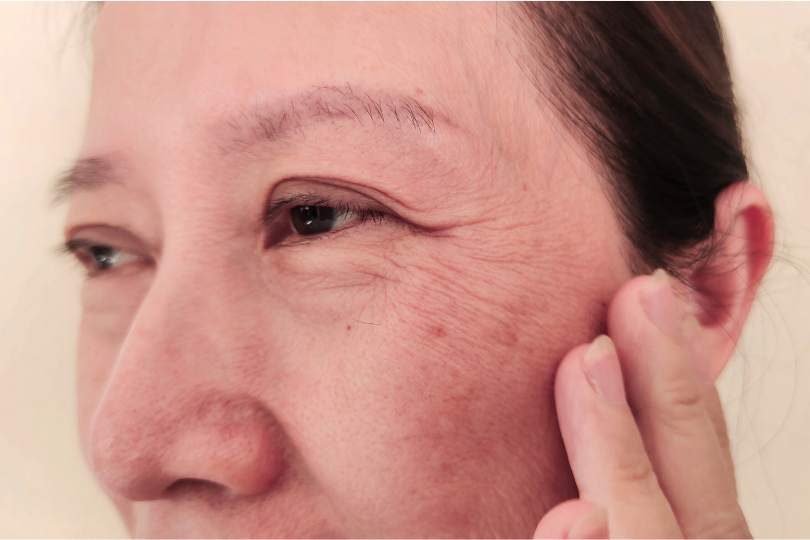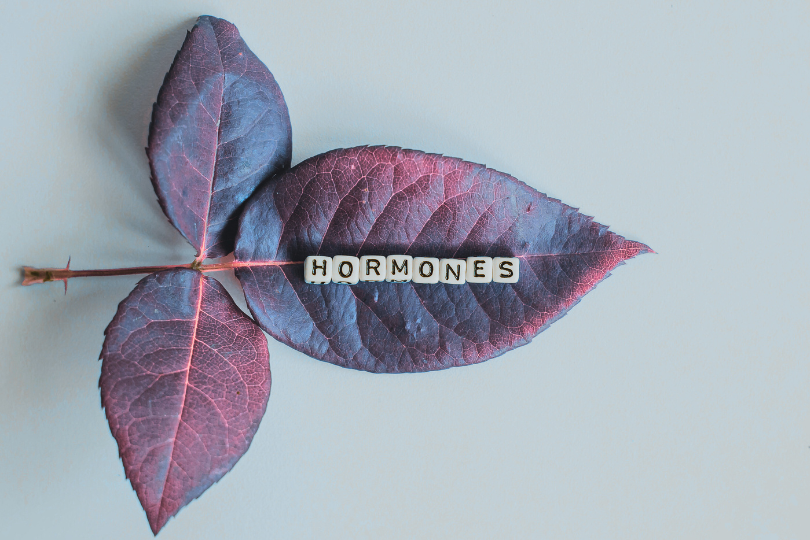Determining the right time to start a family is a deeply personal decision, and it may not always align with our present life situation. Thanks to modern medicine, we now have egg freezing. This technology enables women to preserve more fertility options for the future, though not without certain personal and financial considerations.
In this post, we'll cut through the fluff and dive into the nitty-gritty of egg freezing – the process, potential benefits, and factors to consider in determining if it's the right choice for you.
Egg freezing involves collecting eggs from the ovaries, a process that spans approximately two weeks. During this time, you would self-administer hormone injections daily to stimulate egg production. These hormones, typically produced in smaller amounts by the brain, are increased to encourage the ovaries to mature multiple eggs. Your doctor will monitor the development of your eggs through regular ultrasounds and blood tests, and make adjustments to the treatment plan as needed.
Once your doctor sees that your eggs have grown to a good size (usually Day 10-12), you’ll be given a final injection to prepare them for collection. The retrieval process is a short, 30-minute surgical procedure conducted under sedation, after which most women can return home the same day.
Post-retrieval, each egg is assessed for maturity by the IVF lab embryologists, with mature eggs frozen for later use, and the rest either discarded or subject to further monitoring.
Recovery experiences vary, with some women feeling normal and going back to work the next day, and others experiencing bloating or discomfort for a few days. As your ovaries will tend to be more bloated than usual (they housed many more big / mature eggs than usual), it is important to avoid vigorous activity during this time.
The number of eggs retrieved is highly personal and depends on factors like your existing egg count, hormone levels and your body’s response to hormone medications. While fertility specialists and advanced labs can optimise outcomes, each woman's reproductive journey is unique and getting your fertility checked is the best way of knowing your range of outcomes.
Want to find out more? Explore our dedicated article on How Much of a Guarantee Is It?
From a clinical standpoint, the late 20s and early 30s would be prime years for egg freezing, but at Taylor, we recognise that the financial aspects may be more manageable only when we reach our 30s. Fertility begins to decline more quickly at age 35, making it a crucial time to preserve reproductive options.
For women who have passed this age window, the principle is the earlier, the better, and the best way to assess your chances is to get your fertility checked. In Singapore, you can freeze your eggs up to age 37, and other countries have no age limits. You’re not alone in your journey - we’re experienced in working with women of all ages, and will work with you to find a doctor and clinic experienced in egg freezing / IVF for women of your age range.
While these are general guidelines, please note that certain health conditions or treatments (e.g. chemotherapy) that may affect fertility might necessitate even earlier discussions with your doctor.
Discover the role of age in egg freezing by clicking on this article
The cost of egg freezing varies based on factors such as the clinic, medication, and the number of eggs retrieved. In Singapore, costs range from $10-20K, in Malaysia it's about $6-12K, and in Thailand, it ranges from $5-12K. Additionally, annual storage fees, ranging from $350-$1500 on average, typically from the second year onwards.
Navigating the complexities of egg freezing can be daunting, but Taylor is here to simplify the process. Speak to our fertility care team who can answer your questions and help you create a plan that works for you.
Interested in exploring egg freezing? Get started here with Taylor - your dedicated egg freezing partner. We find you the best clinic for your fertility condition and budget, handle all appointments and logistics, provide convenient fertility checks - all you have to do is turn up.



If your routine suddenly feels out of step, it’s not your products, it’s your hormones. As estrogen begins to fall, the signals that keep skin strong and hydrated weaken. Dryness, breakouts, pigmentation, and slower healing start to appear, even with the same products you’ve always used. The good news: you can adapt. With smart everyday care (SPF, hydration, retinoids, vitamin C), lifestyle support (nutrition, sleep, stress), and medical options when needed (prescription treatments or hormone therapy), your skin can stay strong and healthy well into your 40s, 50s, and beyond.

No one talks about it, but perimenopause can hit in your 30s or 40s, and it’s not just about your period. Think brain fog, poor sleep, low libido. Here’s what to look out for and what you can do.

Many sexually transmitted infections can lie dormant for months or even years without symptoms. Understanding the facts — and getting tested together — can help you move forward with clarity and care.